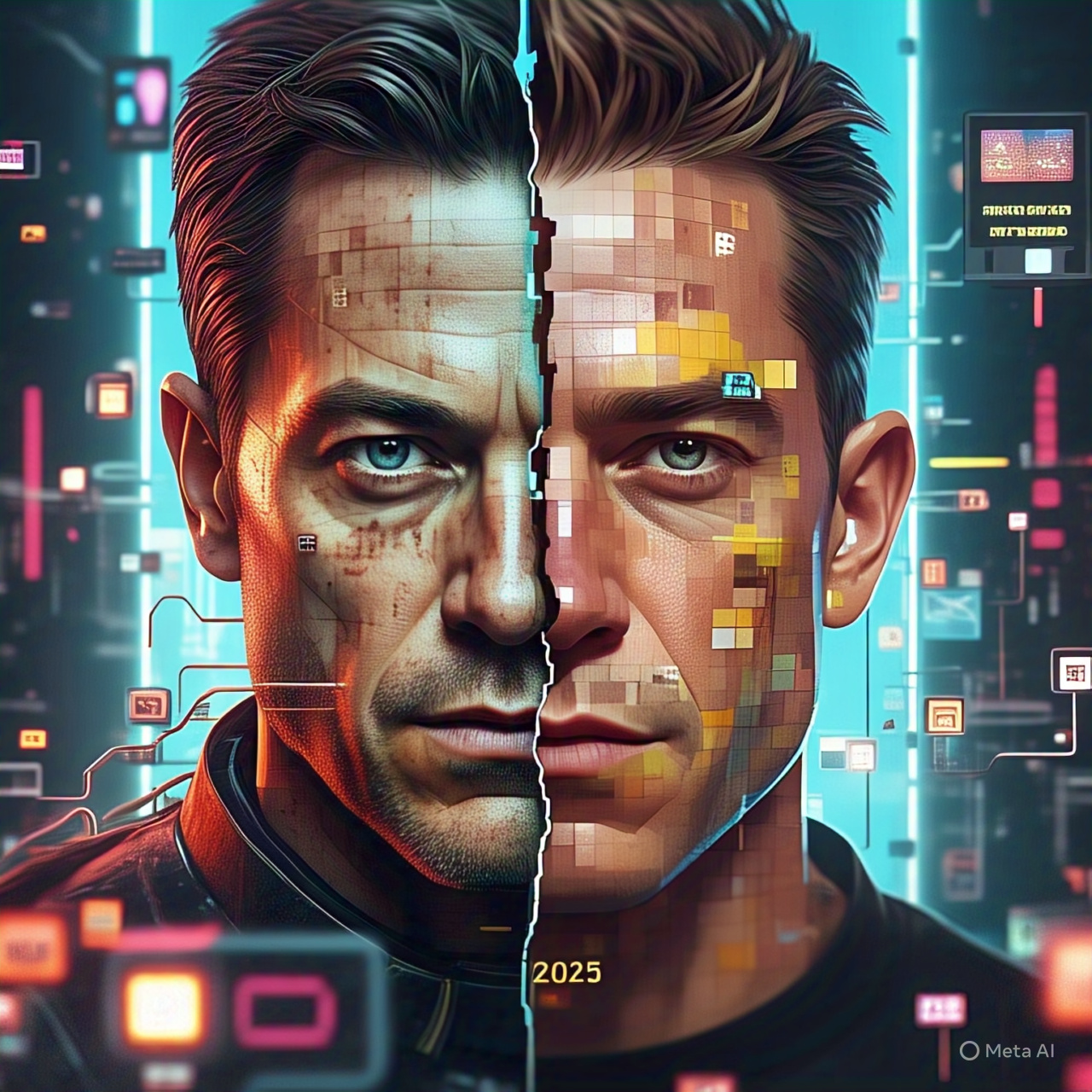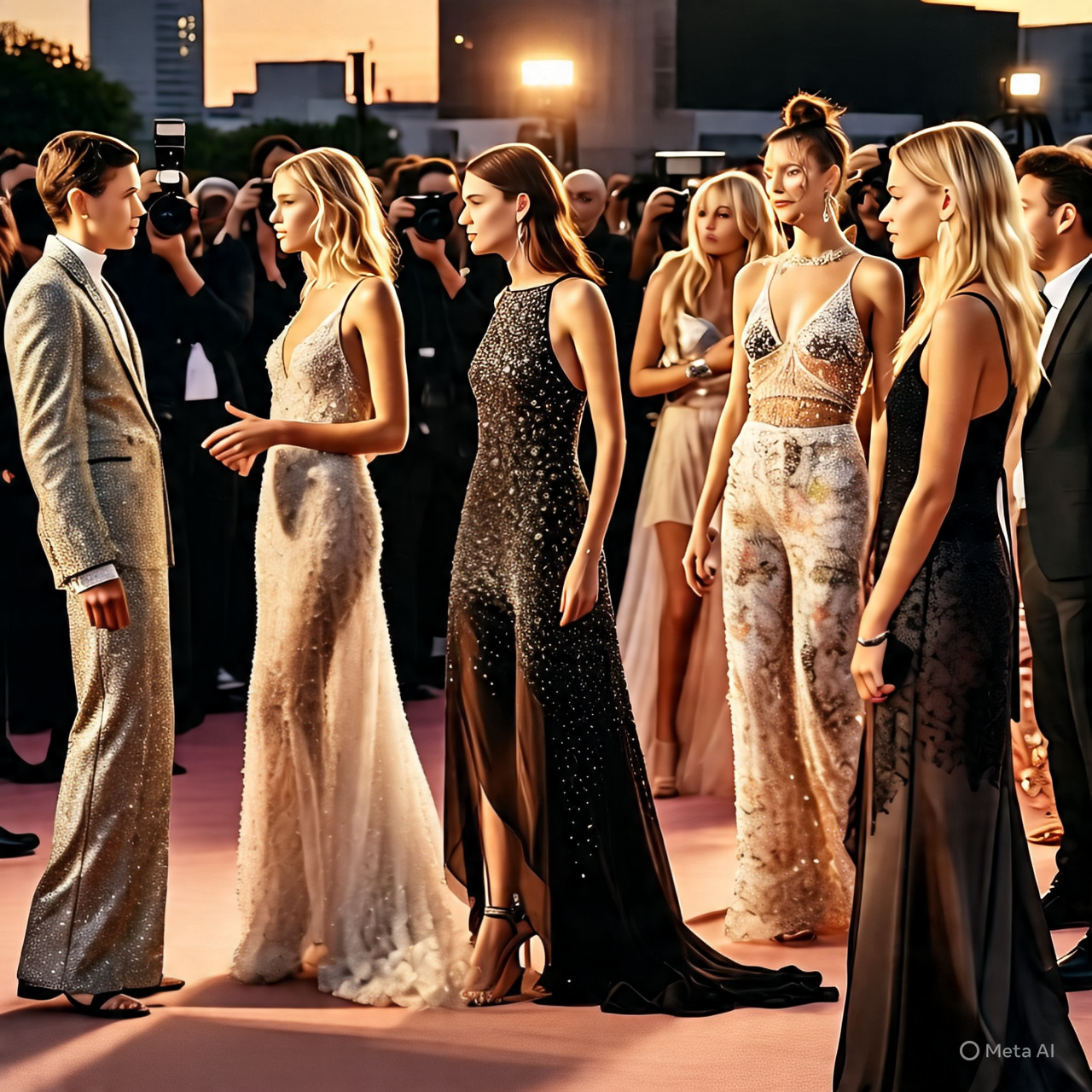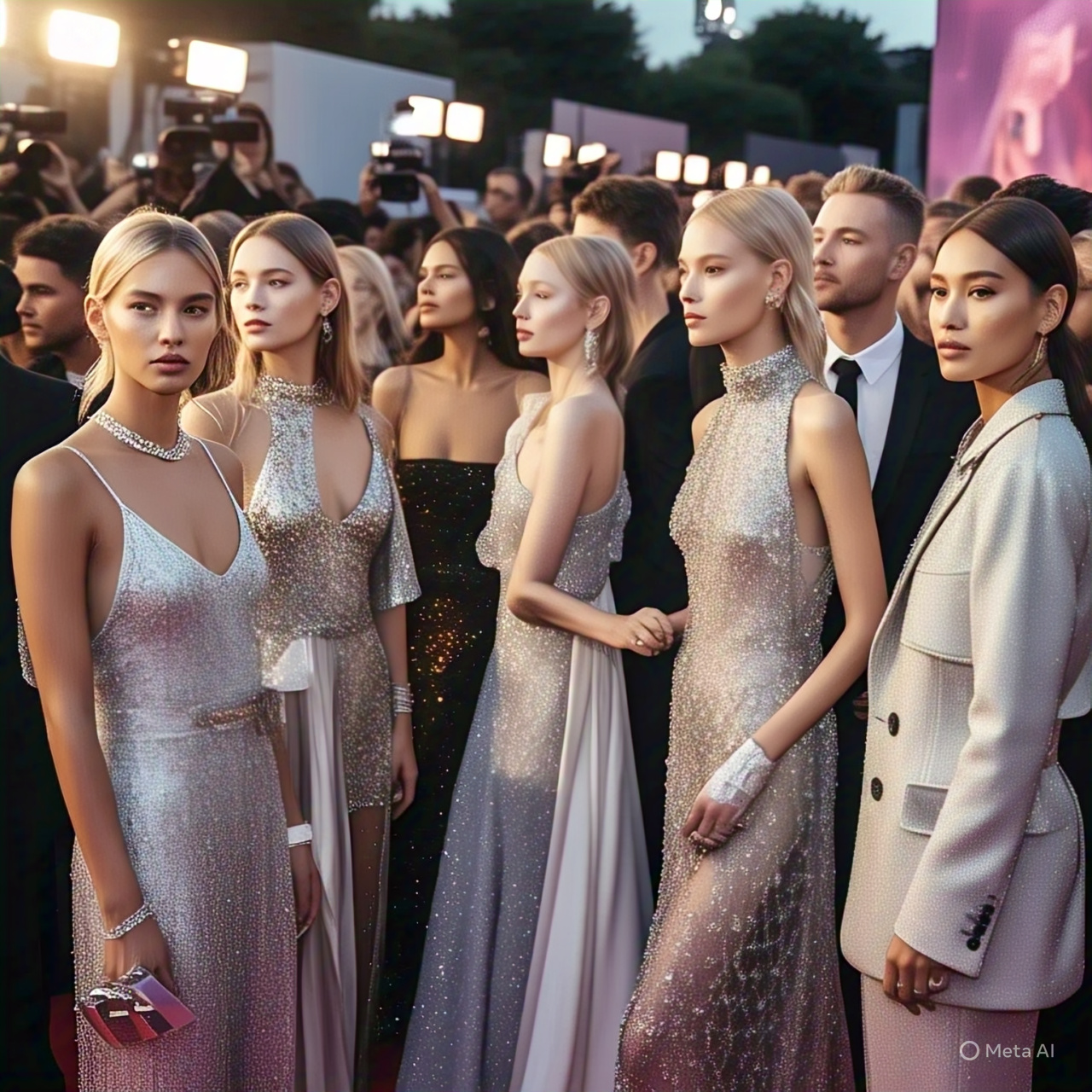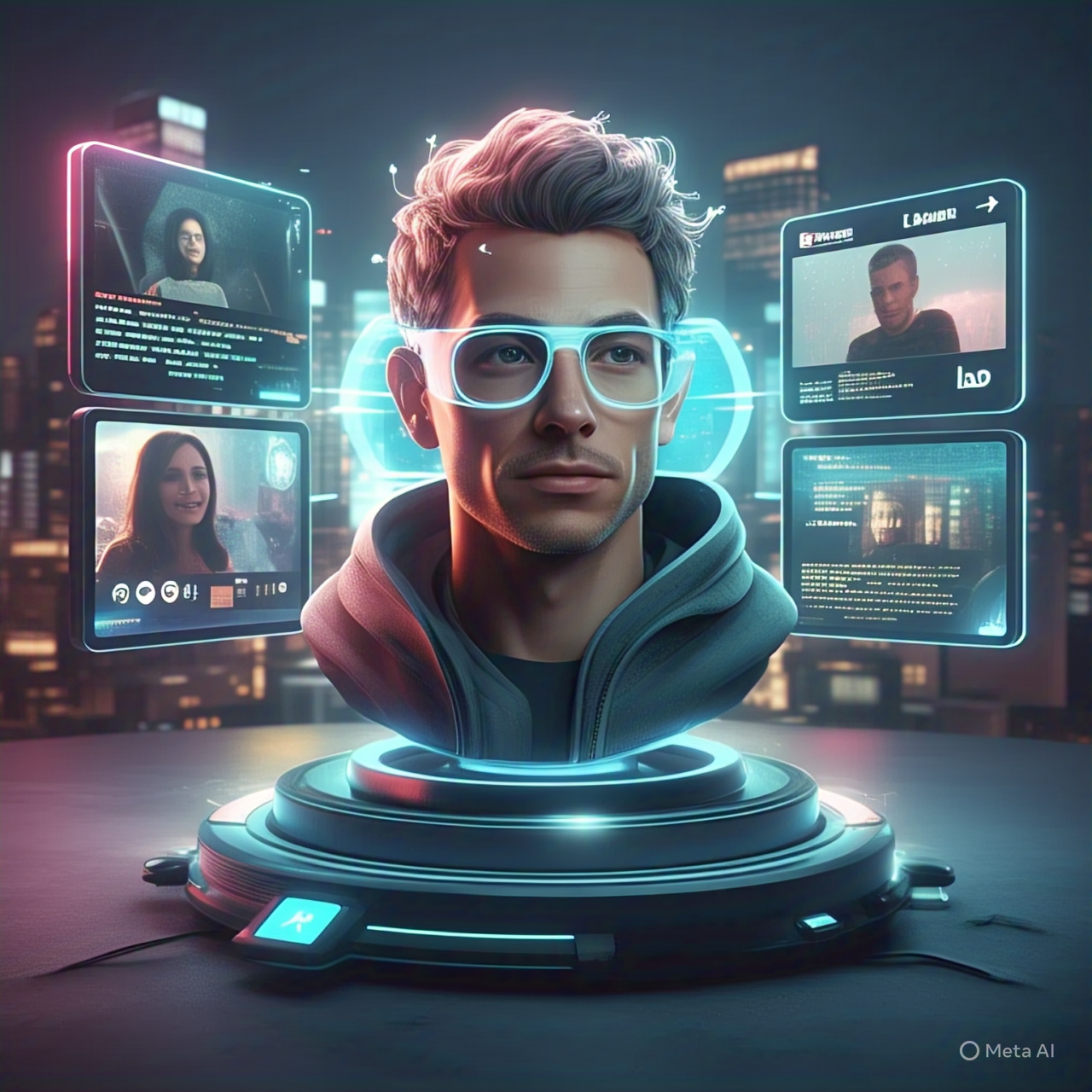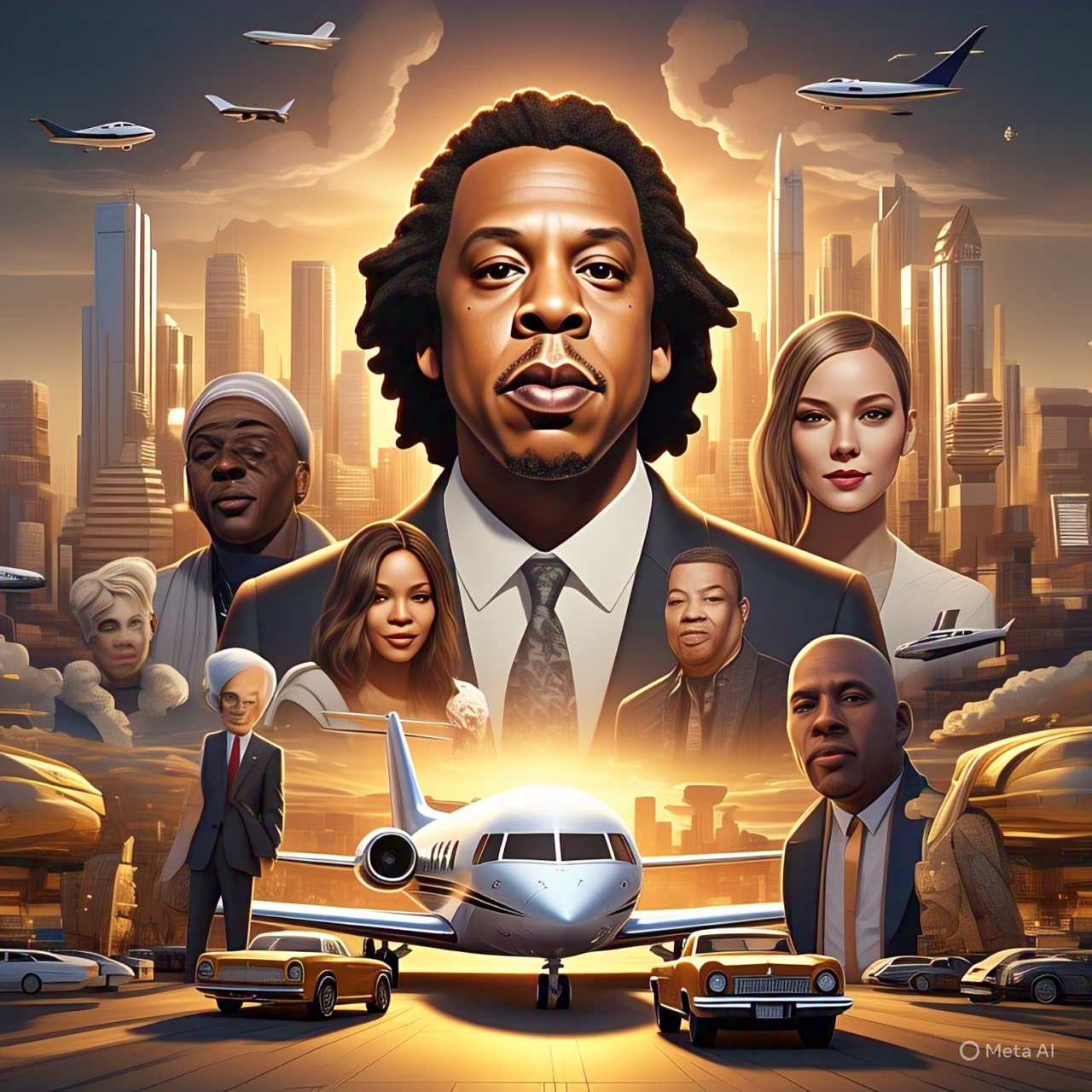Introduction
Hollywood’s glitz and glamour have always been magnets for controversy, but in 2025, a new kind of scandal is dominating the headlines: AI-generated deepfakes and digital impersonations. With artificial intelligence now capable of creating hyper-realistic videos, voices, and images, celebrities are facing unprecedented challenges to their privacy, reputations, and even their livelihoods. Here’s how this cutting-edge technology is rewriting the rules of fame, scandal, and authenticity in the entertainment industry.
What Are AI-Generated Celebrity Scandals?
AI-generated scandals involve the use of deepfake technology—advanced algorithms that can fabricate convincing videos, audio, and images of real people. In Hollywood, this means anyone from A-list actors to pop icons can be digitally placed in fake interviews, controversial situations, or even criminal acts, all without their consent.
These deepfakes are increasingly difficult to detect, often going viral before fact-checkers or legal teams can respond. The result: careers and reputations can be threatened in a matter of hours.
Recent High-Profile Cases
1. Taylor Swift and the Fake Interview
A deepfake video of Taylor Swift making inflammatory statements during a fabricated interview spread rapidly across social media, sparking outrage and confusion among fans. Swift’s team responded swiftly with legal threats and public statements, but the damage to her public image lingered for days.
2. Billie Eilish’s Viral Video
A manipulated video appeared to show Billie Eilish endorsing a controversial product. Though quickly debunked, the clip amassed millions of views, highlighting how easily misinformation can spread when AI is involved.
3. Scarlett Johansson’s Legal Battle
Scarlett Johansson has become a leading voice in the fight against unauthorized AI use, filing lawsuits against companies that used her likeness in deepfake advertisements. Her efforts are setting legal precedents for digital rights and celebrity protection.
Hollywood’s Response: Legal, Tech, and PR Strategies
Legal Action
Celebrities and studios are increasingly turning to the courts to combat deepfakes. Lawsuits are being filed to protect likeness rights, and new legislation is under consideration to criminalize malicious AI impersonations.
Tech Solutions
Major studios and tech companies are investing in AI-detection tools to identify and flag deepfakes before they go viral. These tools analyze video metadata, facial movements, and audio patterns to spot digital forgeries.
PR and Damage Control
Publicists are working overtime to issue rapid responses, clarify misinformation, and reassure fans. Transparent communication and timely debunking have become essential parts of celebrity crisis management.
The Impact on Celebrity Culture
- Trust Erosion: Fans are becoming more skeptical of what they see online, questioning the authenticity of viral videos and statements.
- Brand Deals at Risk: Brands are wary of associating with celebrities who may be targeted by deepfake scandals, leading to stricter contract clauses and vetting processes.
- New Opportunities: Some stars are embracing AI, licensing their digital likeness for virtual concerts or endorsements—turning a threat into a business opportunity.
Expert Insights and Future Predictions
Industry experts predict that as AI technology advances, deepfake scandals will become even more sophisticated and harder to detect. The entertainment industry must balance innovation with robust ethical and legal safeguards to protect both celebrities and the public.
Expect to see:
- Stricter digital rights laws and enforcement.
- Widespread use of AI-detection software in media and social platforms.
- Greater emphasis on authenticity and transparency in celebrity content.
Conclusion
AI-generated scandals are redefining what it means to be famous in 2025. As Hollywood adapts to this new digital reality, the battle for truth, privacy, and reputation is only just beginning. For fans and stars alike, staying informed and skeptical is more important than ever.








